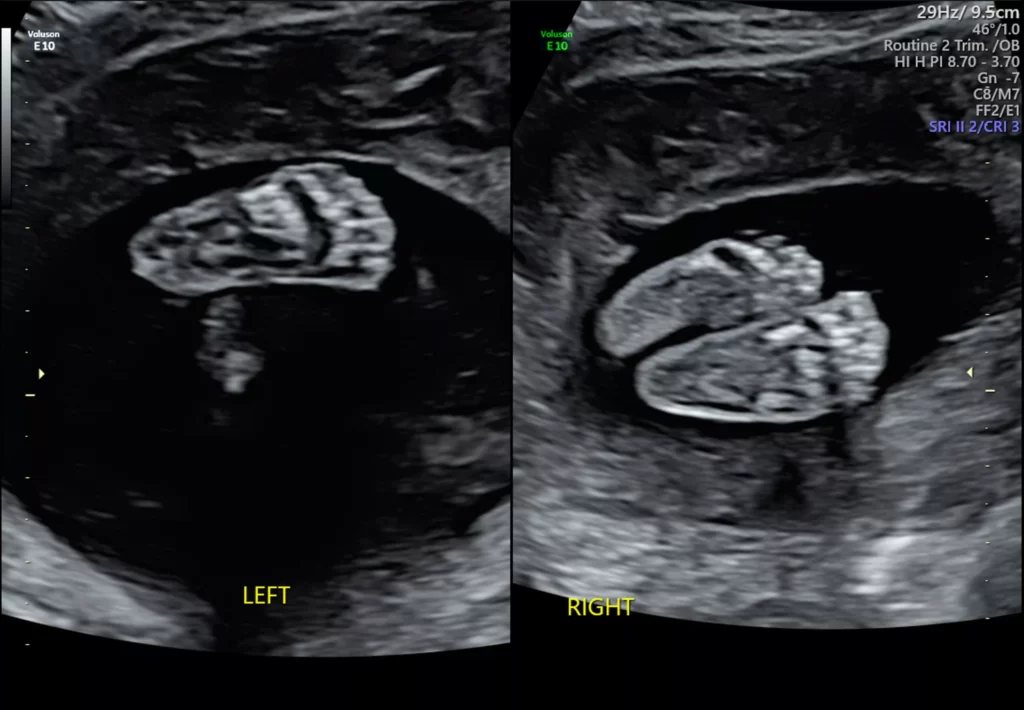What is a 20-Week Scan?
The 20-week scan, also known as the mid-pregnancy ultrasound or anomaly scan, is a crucial step in prenatal care. This scan, typically performed between 18 and 22 weeks of pregnancy, is designed to provide a detailed view of the fetus’s development. It’s not just a chance to catch a glimpse of your baby but a comprehensive check-up to ensure everything is progressing as expected.
Why is the 20-Week Scan Important?
Why all the fuss about this particular scan? It’s because it’s a significant milestone in pregnancy. At this stage, the baby’s organs and structures are sufficiently developed to be assessed for any abnormalities. The scan can identify issues such as heart defects, limb anomalies, or problems with the placenta. It’s a critical opportunity to address any concerns early on.
Types of Issues Detected at the 20-Week Scan
Common Findings
The majority of www.idahoreports.com yield positive results. Common findings typically include the sex of the baby, which can be exciting news for many parents. In addition to this, the scan checks for the baby’s growth and development, ensuring that organs are forming correctly.
Less Common Findings
Not all scans are straightforward, and occasionally, they may reveal issues that need further investigation.
Structural Abnormalities
Structural abnormalities, like heart defects or limb deformities, are among the more common concerns that might arise. Fortunately, many of these conditions can be managed with medical intervention or surgery after birth.
Chromosomal Abnormalities
Chromosomal abnormalities, such as Down syndrome, are less common but are significant findings if detected. These abnormalities can affect the baby’s development and require additional testing to confirm.
Understanding the Statistics
Incidence of Normal Results
Most 20-week scans come back with normal results. In fact, studies show that the vast majority of scans—over 90%—reveal no significant issues. This high rate of normal outcomes provides a reassuring baseline for expecting parents.
Frequency of Abnormal Results
While most results are normal, abnormalities do occur. Statistically, about 2-3% of scans may reveal potential concerns. It’s important to remember that an abnormal finding doesn’t necessarily mean there’s a serious problem—it often means further testing is needed.
Factors Influencing the Likelihood of Bad News
Maternal Age and Health
Maternal age and health can influence the likelihood of finding abnormalities. Older mothers, particularly those over 35, may have a slightly higher risk of chromosomal abnormalities. However, many healthy pregnancies occur in older women without any issues.
Family Medical History
A family history of genetic conditions can also affect the likelihood of abnormal findings. If there’s a known history of certain genetic disorders, your doctor might suggest additional screenings.
Lifestyle Factors
Lifestyle choices, such as smoking or substance abuse, can impact pregnancy health. Maintaining a healthy lifestyle supports the best outcomes for both mother and baby, reducing the risk of potential issues.
What Happens if Bad News is Found?
Follow-Up Tests
If the scan does reveal potential problems, your doctor will likely recommend follow-up tests. These might include additional ultrasounds, blood tests, or amniocentesis to gain more information about the issue.
Options and Decision-Making
Discovering a potential problem can be overwhelming. Your healthcare provider will discuss options with you, which may include further diagnostic testing or, in some cases, decisions about how to proceed with the pregnancy. Support and guidance are crucial during this time.
How to Prepare for the 20-Week Scan
Questions to Ask Your Doctor
Before your scan, it’s helpful to prepare questions for your doctor. Ask about what the scan will involve, what you should expect, and how you’ll receive the results. Being informed helps reduce anxiety and ensures you’re prepared for any news.
What to Expect During the Scan
The scan itself is usually straightforward. You’ll lie on an examination table while a technician uses an ultrasound probe to capture images of your baby. It’s a non-invasive procedure, though it may take some time to get all the necessary images.
Emotional Impact and Coping Strategies
Dealing with Anxiety Before the Scan
It’s normal to feel anxious before the scan. Talking to your partner, practicing relaxation techniques, or even joining a support group can help manage pre-scan nerves.
Support Resources
If the scan results are not as expected, various support resources are available. From counseling services to support groups, there are many ways to get help and guidance.
Conclusion
The 20-week scan is a pivotal moment in pregnancy, offering crucial insights into your baby’s development. While the majority of scans reveal no significant issues, being prepared and informed helps navigate the process smoothly. If abnormalities are detected, remember that there are numerous resources and support systems to assist you. Stay hopeful and proactive, and know that most outcomes are positive.

